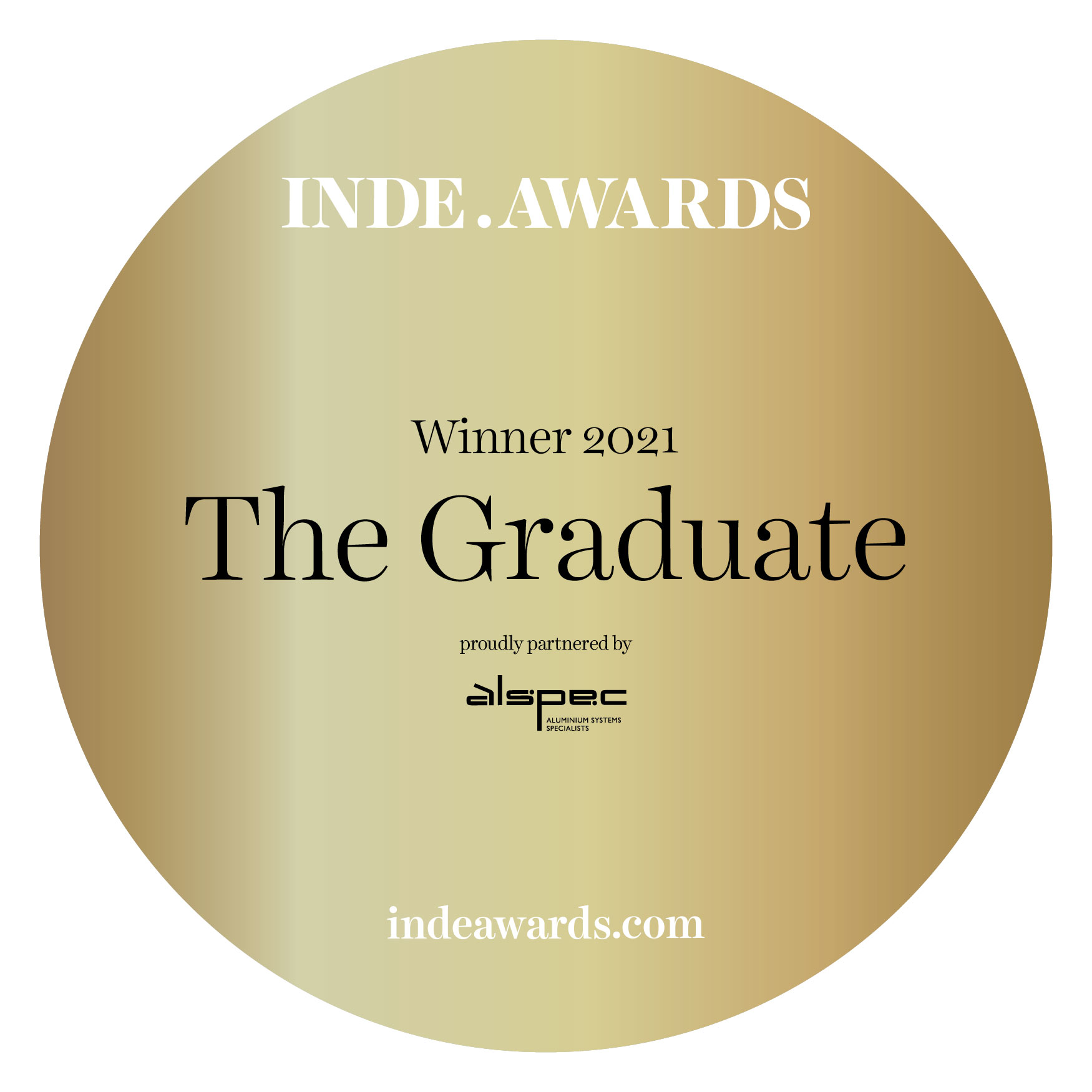James McNicol
UTS
Australia

From the entrant’s submission:
The project facilitates the relationship of interdependence between crabs and rice that rises out of huge disparities in food production between the two Koreas. The project proposes multiple sites that farm crabs and rice situated both sides of the Imjin River. The idea of reciprocity can then be explored as the Korean Demilitarized Zone (DMZ) condition allows for an architectural intervention that suspends the friend and enemy distinction by relying on the neutrality of the water body as a critical resource in order to maintain the operation of the farms on both the North and South. While the channelling, distribution and mixing of water must be specific for the operation of the farm there was an opportunity to break from an engineered functionalism to insert the idea of swimming as double program
The idea of reciprocity is a unique conception to explore within the DMZ with the architectural intervention attempting to suspend the friend and enemy distinction that the demarcation creates. The site of water, rather than being the site of war dramatized by the DMZ is complicated by the idea of sharing in order to maintain operations
To facilitate a joint farming process that redirects the downstream migration of the crabs into adjacent rice paddies. Creating a precedent in sustainable and co-dependent farming culture to combat starvation in the North and overproduction in the South. In populating both sides of the river divide with a similar horticultural intervention that depends upon the neutrality of the brackish waters it sets up connections between two sets of farmers who depend upon negotiating this resource within the contested DMZ zone




